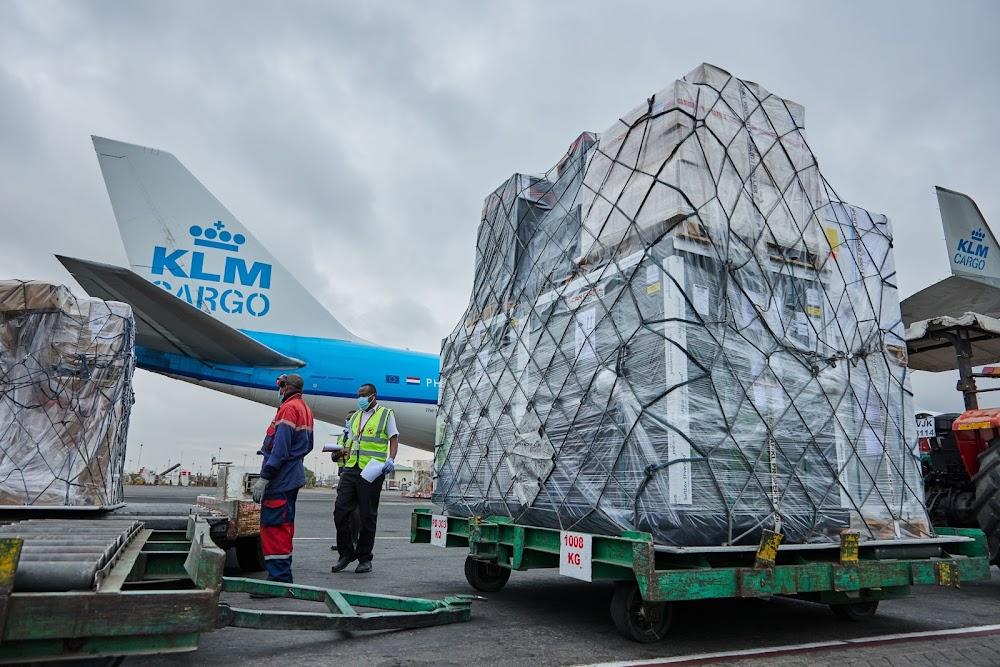Africa-Press – Eritrea. The Covid-19 pandemic exposed the upsides and downsides of international trade in medical goods and services, according to World Bank’s publication, Trade Therapy.
It unveiled how non open trade between countries and continents hindered access to medical services and goods which resorted to governments imposing policies and restrictions that ended up hurting their economic growth.
As a result of the constrained access to medical services and goods, countries like Kenya experienced restrictive trade policies, supply chain disruptions and regulatory divergence which affected the country’s response.
“This hindered the country’s public health systems ability to prepare for and respond to the pandemic,” the lender says.
In turn, it led to multiple economic crises stemming from the restrictions and lockdowns which were imposed as containment measures.
According to the Central Bank of Kenya (CBK), the country’s annual growth shrunk by about 0.3 per cent in 2020 following a 5.1 per cent growth the previous year.
Various sectors were also hit as a result of the government-imposed trade restrictions and border lockdowns.
Data by Statista shows that Agriculture, industry and services sectors, recorded a negative growth during the pandemic compared to the previous year, 2019.
Agriculture sector grew by 0.6 per cent in 2020 compared to a 0.8 per cent growth the previous year.
Industry and services sectors grew by 0.2 per cent and 0.6 per cent in 2020 compared to 1.4 per cent and 2.7 per cent in 2019 respectively.
The pandemic also uncovered certain gaps, including lack of information on the stocks and availability of critical inputs, the report reads in part.
“It also established a lack of multilateral mechanisms to mobilise financing for development of vaccines and therapeutics, weaknesses in systems to facilitate the rapid cross-border movement of medical products and lack of market access framework to deal with health workforce shortages.”
To avoid such implications in future, the lender suggests that developing nations should leverage deepened trade of medical goods and services to support global health security.
It notes that some of these gaps can be addressed through existing trade cooperation mechanisms while others call for new forms of cooperation between states, non state actors and the private sector.
“Cooperation through existing trade mechanisms, new commitments and disciplines in World Trade Organisation (WTO) and regional trade agreements can help better prepare for and respond to future pandemics in several ways,” World Bank says.
It further notes that an agreement to lower barriers to trade in medical goods and supporting services would improve the efficiency of health care systems and increase preparedness.
lowering tariffs on medical products and reducing import costs for information and communication technology and business services in the health sector is said to be able to increase income by more than $6 billion (Sh741 billion) annually.
This, with more than half of that accruing to low- and middle-income countries.
For More News And Analysis About Eritrea Follow Africa-Press







